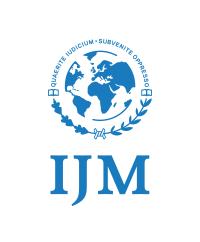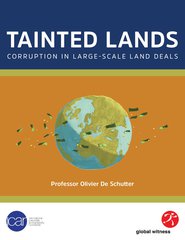Details
Location
Contributions
Displaying 1331 - 1340 of 2403Future Directions International
Future Directions International (FDI) is an independent, not-for-profit Research Institute. It was established in 2000, by Major General (Retd) the Honourable Michael Jeffery (former Governor General of Australia) together with a small group of leading Australians, to conduct comprehensive research of important medium to long-term issues facing Australia.
International Centre for Environmental Management
ICEM – International Centre for Environmental Management is an award-winning independent technical service centre that assists government, private sector and communities to define and implement policies for sustainable development. Established in 1999, ICEM is staffed by full-time international and national technical and administrative personnel.
ICEM operates through a core of specialists in biodiversity conservation, climate change, water resources management, strategic environmental assessment, and environmental and social economics.
Development Alternatives International Inc
DAI works on the frontlines of international development. Transforming ideas into action—action into impact. We are committed to shaping a more livable world.
DAI’s mission is to make a lasting difference in the world by helping people improve their lives. We envision a world in which communities and societies become more prosperous, fairer and better governed, safer, healthier, and environmentally more sustainable.
Vietnam Chamber of Commerce and Industry
Vietnam Chamber of Commerce and Industry (VCCI) is a national organization which assembles and represents business community, employers and business associations of all economic sectors in Vietnam. To promote trade and business relations with enterprises abroad is one of its main functions.[1] VCCI is an independent, non-governmental, non-profit organization having the status of a legal entity and operating with financial autonomy.
Property Grabbing from Ugandan Widows and the Justice System
In a first study of this kind, International Justice Mission has used mixed methods assessment to portray the depth of widow and orphan property grabbing problem and lack of justice system response in Mukono County, Uganda. The report demonstrates that nearly a third of widows have experienced land grabbing with virtually no criminal justice system response.
IJM
We are a global organization that protects the poor from violence in the developing world. IJM partners with local authorities to rescue victims of violence, bring criminals to justice, restore survivors, and strengthen justice systems.
Our global team includes more than 750 lawyers, investigators, social workers, community activists and other professionals at work through 17 field offices.
International Corporate Accountability Roundtable
The International Corporate Accountability Roundtable (ICAR), a project of the Tides Center, is a civil society organization working to ensure that governments create, implement, and enforce laws and policies to protect against business-related human rights abuse.
Tainted Lands: Corruption In Large-Scale Land Deals
A surge in land grabbing over the past decade has seen millions of people displaced from their homes and farmland, often violently, and pushed deeper into poverty. As demand for food, fuel and commodities increases pressure on land, companies are all too often striking deals with corrupt state officials without the consent of the people who live on it. Until now, there has been little analysis of the role that corruption plays in the transfer of land and natural resources from local communities to political and business elites.
Land Disputes and Stalled Investments in India
India’s ambitious development agenda involves facilitating investment for economic growth, infrastructure development, and social progress. Yet, thousands of investment projects have been stalled to date, raising red flags for the health of the country’s financial regulatory systems, public sector banks, and investment community. While official reasons given for stalled projects remain opaque, deep contestation leading to conflict on public (and private) lands must be better understood as a substantive risk to investments.











